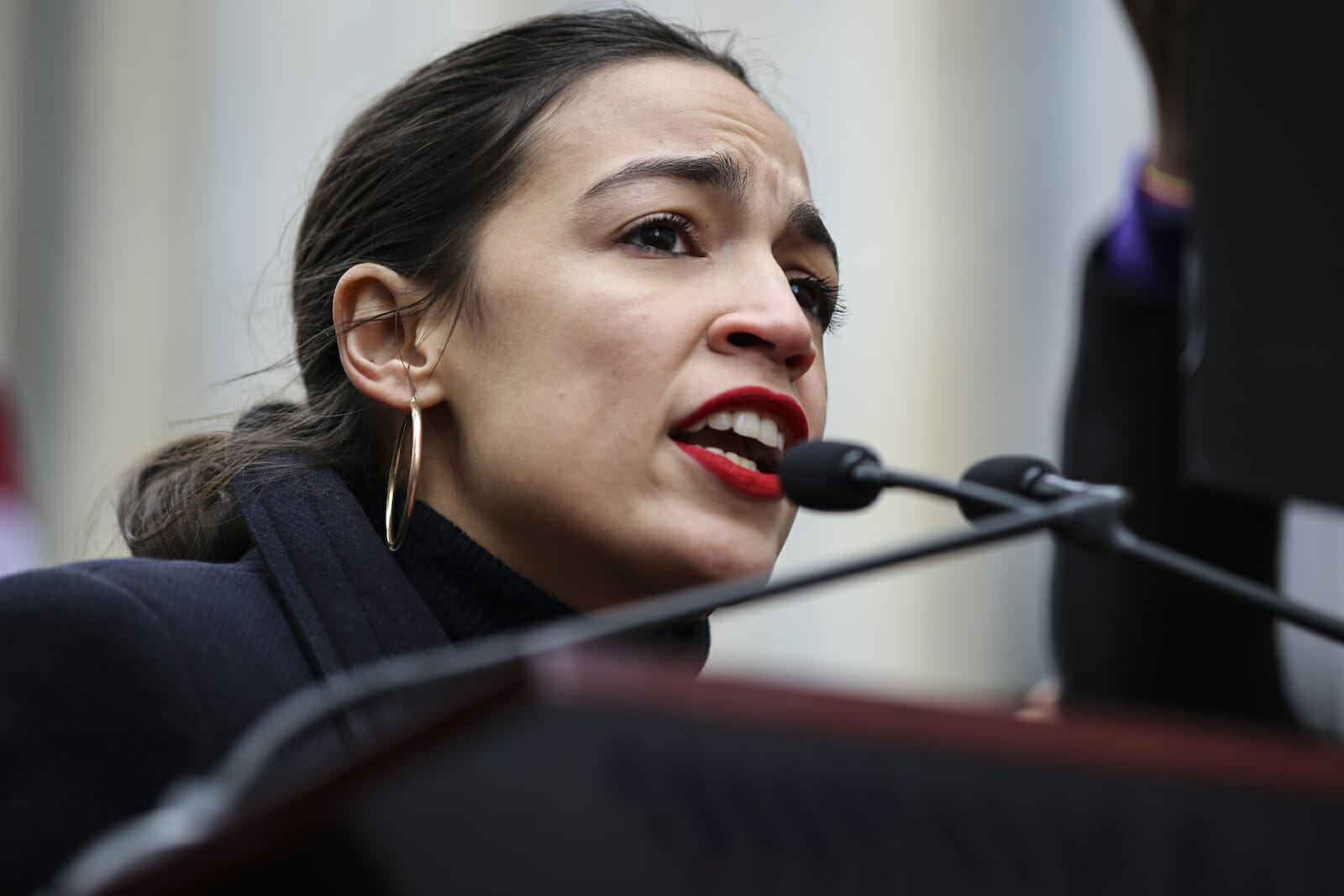
Biodiversity and the New World Order
In the past week or so there has been a buzz in the news about biodiversity and the relationship between humanity and the environment. Alexandria Ocasio-Cortez and her cohorts in Washington have launched the Green New Deal which is a framework to bring America and American legislation to an environmentally responsible stance. Almost simultaneously, the United Nations published its Convention on Biological Diversity. Interestingly, both are being championed by women. Cortez in Washington and Cristiana Pașca Palmer at the UN.
Basically, these two initiatives are proposals to formalize plans by the critical nation in the equation, the United States, and the international body representing all nations, to adjust human activity to avoid a crash in biodiversity – a crash in the number and prevalence of other species co-inhabiting the earth with us. The focus of the ‘deal’ is how the US government, or the international community, would organize itself to carry out this daunting task. The argument it elicits is whether these are, or are not, the right steps to take when the crash occurs.
But what about the question of “if the crash occurs?”
It would seem very unlikely that either in the United States or the International Community, would put such plans in place if they didn’t believe or agree that present policy is leading to such a crash. Disbelievers, nay-sayers, and others wedded to the status quo, think a drastic biodiversity crash isn’t a possibility. For them, the discussion is a political one in which their job is to maneuver the radical militant pollyannas to the sidelines. Tamp down the rhetorical panic and focus on a future featuring more of the same. What is more likely than more of the same?
Of course, in the follow up on articles to these two world headline stories, the cataclysmic character of the road to avoid is mentioned. Up to an including the possibility of human extinction. But for the most part it is expressed apologetically; downplayed, as if it fits into the same set of political categories as a tax cut or an infrastructure priority list.
And it is hard to know what the price to pay for would be. In those circumstances, it’s difficult to We don’t want to get into an argument of whether a complete lack of action would result in human extinction. Scientists say it is reasonable to think it possible. Political operatives are more likely to say “whoa, slow down, stop fear mongering,” “let’s be sensible,” or “we don’t have that money and we cant launch huge programs we can’t pay for!”
But is that the right answer? Isn’t the right thing to do is carry out the research and establish if the warning from the Green left is wrong? If you can’t argue that and believe the problem will go away because you don’t have the money to solve it, then you are running with your eyes closed toward a cliff.
I saw an interview with Howard Schultz, the potential presidential hopeful, discussing the Green New Deal and was chilled at the condensation. He poo-pooed the idea. It just wasn’t affordable, as if not doing it would make the problem go away. He didn’t argue that the environment was safe and our generation would hand over to our descendants a planet in decent health. He argued the problem didn’t fit into his world view. The implication was to leave the decision making to the top percentage point who have money in the game. I agree with Cortez and Palmer, that’s a paternalism we just can’t afford; neither the United States nor the world.
For myself, I can survive the winter storms or summer droughts that would mar the rest of my years. But I would be deeply ashamed to think we did not act for the pitiful reason of not having had the courage to ask this question. The danger to iconic species is obvious. The fact of climate change seems equally clear. Let’s ask the questions that need to be asked and have the courage to act accordingly.
We will need some leaders to point us in the right direction. Conservation entities can put together the facts but this question is bigger. Literally a key course change in our voyage as a species. Maybe it is a good idea, for all of us, to let these women speak.

